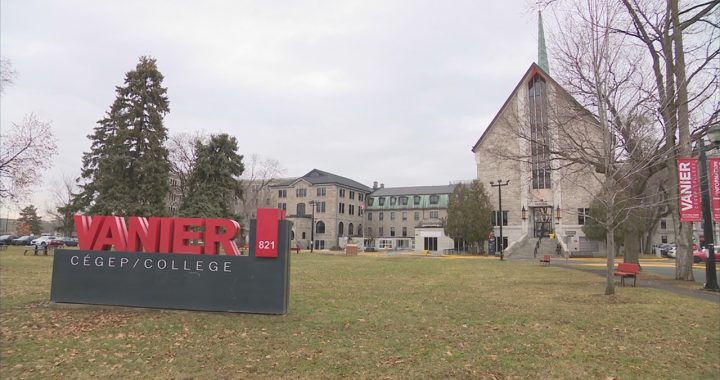While the Atikamekw Nation got participation marks from the Quebec government for drafting Joyce’s Principle – a comprehensive list of proposals to improve health care for First Nations – the plan did not, in the end, get a passing grade at the National Assembly.
Liberal Party MNA Gregory Kelley’s attempt to have Joyce’s Principle adopted officially in Quebec City on Tuesday afternoon ended with provincial party leaders objecting to its use of the term systemic racism.
In a press conference held after the National Assembly hearing, Quebec’s Indigenous Affairs Minister Ian Lafreniere said he “salutes” the work done by the Atikamekw Nation, and that Quebec is “very happy” overall with the guidelines provided.
The call for Quebec to acknowledge its role fighting systemic racism is the only point the government disputes.
“We don’t have the same vision,” Lafreniere explained. “However, I will assure you that doesn’t prevent us from working together.”
The plan is named for Joyce Echaquan – the 37-year-old mother of seven from Manawan who died at the hands of racist caregivers at Joliette hospital, an hour northeast of Montreal.
Joyce’s Principle was written following a public call-out and consultations with Atikamekw community members and health care workers, seeking to guarantee “a right of equitable access, without any discrimination, to all health and social services.”
Copies were delivered to Premier Francois Legault and Prime Minister Justin Trudeau’s offices last week.
“What we received in Joyce’s Principle on behalf of the Atikamekw Nation, will be a guide and reference for us to apply what we want to do. Which for us is very tangible and will help us help First Nations and people on the ground in a very pragmatic way,” Lafreniere explained.
At the time the plan was received, Legault told reporters he could not commit to adopting all of its recommendations.
He said Quebec’s anti-racism task force – which lacks Indigenous oversight – is expected to table its own action plan in the coming weeks.
The Legault government repeatedly refuses to qualify Quebec’s racism issue as systemic.
Read More:
APTN News coverage of Joyce Echaquan
Leaders from Echaquan’s home community are concerned by “inertia” in this area.
By contrast, a motion asserting Quebecers’ right to be served in French was passed unanimously – and with a standing ovation – at the National Assembly just before Kelley’s anti-climactic presentation of ‘Joyce’s Principle.’
Manawan Vice-Chief Sipi Flamand says the plan “must remain alive,” and cannot be shelved like the Viens Commission report before it.
“For your information Mr. Premier, Joyce’s Principle is a set of mechanisms to bring about concrete changes in the health system while implementing cultural security in a pragmatic way!” Flamand wrote in a statement.
“I know you like to use terms like ‘concrete action’ and ‘pragmatism,’ so show your leadership on this file, and above all, [fix] your health system which causes so many problems,” he added.
For his part, Lafreniere says he’s committed to make progress on the recommendations made in the Viens Commission’s 488-page final report, which found issues of rampant discrimination in most of Quebec’s public services.
Lafreniere is promising one announcement in this area every week until Christmas.
In the last month, Quebec committed to investing $15 million to provide cultural safety training to managers and staff in Quebec’s hospitals, as well as training of Indigenous “navigators” to bridge service gaps.
“In our work, and in the approach we have with First Nations – we’ve already said it would take more training in the health milieu. We said it would take navigators,” Lafreniere explained.
They’re also promising construction of a brand-new Native Friendship Centre in Joliette, and more frequent roundtable discussions between the Premier and First Nations leaders.
Lafreniere says Quebec is already looking into one of the recommendations in ‘Joyce’s Principle’: appointing an ombudsman.
“My colleague, [Health Minister] Christian Dube, will look into the ways we can materialize that,” he added.










